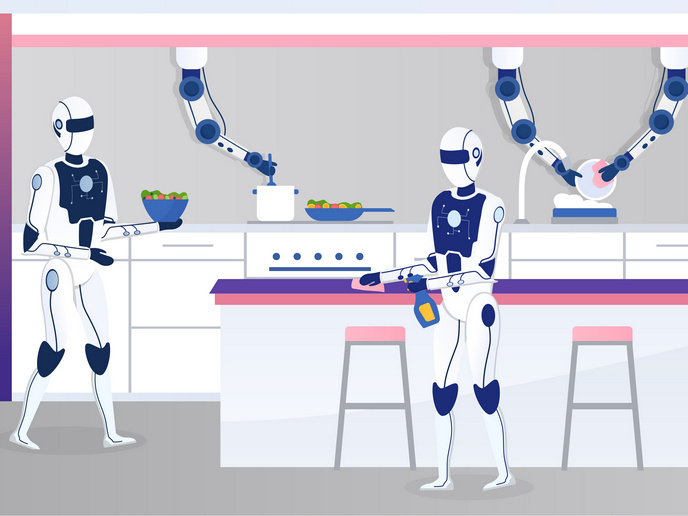Young people are instigators of social change – so how can they best be integrated into society?
“Young people are instigators of social change, driven, in part, by the challenging circumstances that prevent their social progress: lack of opportunities, resources and respect,” begins Dr Jo Deakin, coordinator of the PROMISE (PROMoting youth Involvement and Social Engagement: Opportunities and challenges for ‘conflicted’ young people across Europe) project. “The aim of our research is to explore young people’s responses to these challenges, focusing particularly on youth who encounter conflict with authorities.” Stigma, labelling and stereotypes: A toxic concoction In particular, the notion of stigma and labelling are key sources of what causes young people to switch off from social and political engagement. “Young people need to feel that they belong in order to truly engage,” explains Dr Deakin. “Our research found that a key factor in turning such negative stigma into positive engagement was the feeling of belonging to a wider community of people sharing the same values – we’ve heard from young people who are stigmatised yet hugely motivated to campaign on an issue that affects them once they feel part of the wider community.” But what is key to this sense of belonging? Older adults who share their views and entrust them with responsibility, and authority figures who treat them with respect. Of course, the socio-economic circumstances of a young person also play a large role. “Not all, but most young people who are labelled as ‘troublesome’ in some way, by authority figures, the media etc. are also those who have experienced the greatest disadvantages in life,” says Dr Deakin “These may include poverty, family breakdown, domestic violence, bereavement, problems at school and a lack of consistent, positive relationships and role models. A cycle of isolation from society and disengagement, leading to further negative behaviours and problems, develops easily for these young people, but is much harder to break.” Other important challenges Many of the formal interventions young people face, such as the justice and welfare systems, serve to re-stigmatise and re-embed conflict rather than resolve it. “Many young people feel disconnected from their local communities due to these systems, especially from those in power – but our research suggests that an overwhelming force for good in integrating young people into social and political life is that the more they can trust, the more they will engage,” says Dr Deakin. PROMISE also found that access to good, quality education plays an incredibly important role in integrating young people, with the roles of both schools and parents being crucial. “The lower the education level they have accessed, the more likely a young person will not seek information on social and political issues or be active in these areas,” Dr Deakin elaborates. A study over 10 countries PROMISE employed a comparative ethnography of young people across 10 European countries, with the active involvement of young people, and Dr Deakin and her team found that no two countries were the same. “But there were similarities in young people’s experiences. In short, young people in all countries felt they weren’t listened to by authorities and this reduced their trust and hampered involvement,” explains Dr Deakin. Housing was a key issue for many Spanish youth following the 2008 popping of Spain’s property bubble. “Here we explored the innovative ways young people in Spain have rewritten the rules on accommodation and living arrangements to become directly involved in providing for their own futures: offering maintenance work instead of rent, living communally, and even building their own homes,” says Dr Deakin. Meanwhile, LGBT youth in Russia facing state-led discrimination actually felt motivated to actively work to develop activist associations and youth-led social initiatives. Whilst in Italy, disadvantaged young street artists worked towards transforming their marginalisation into a positive trait, a sort of ‘culture of marginality’ in the words of Dr Deakin. The final message to policymakers? With PROMISE due to end in April 2019, Dr Deakin and her team will remain busy, planning to develop guides for teachers and youth workers, as well as for feeding into policy in each PROMISE partner country. But what would her final message to policymakers be? “They should focus on four key issues: Recognise the diverse life paths of young people, enhance the recognition and support of youth-led initiatives, promote effective support structures and create safe (urban) spaces for young people.”







